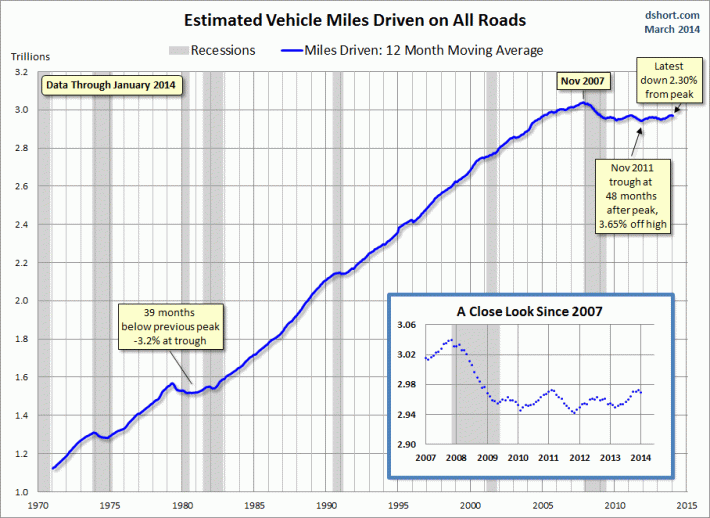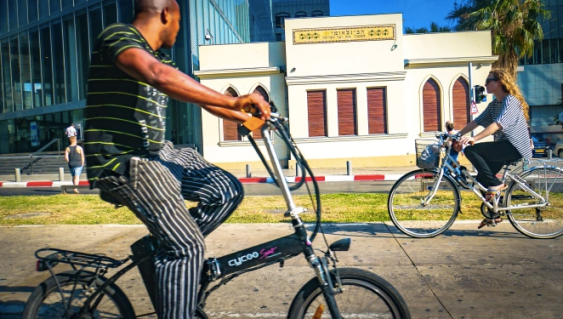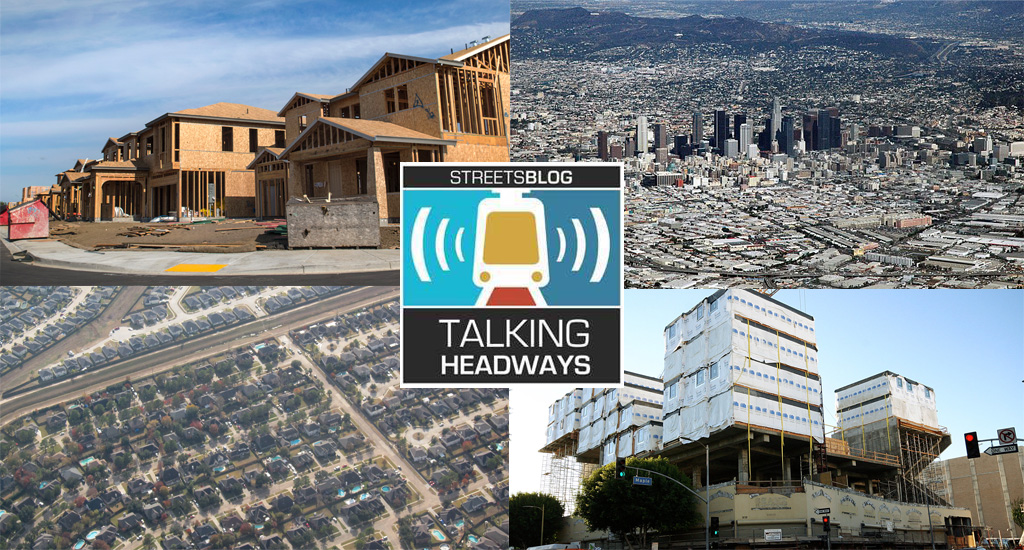One of the country's leading financial ratings agencies is warning that if America doesn't change how it invests in transit, the whole economy could suffer.

"Public transportation investment strategies will need to transform if trends toward increased multifamily housing, declines in driving, and increasing public transportation usage continue over the long run," Fitch said.
In an article published March 12, Fitch says there are signs of a major shakeup in U.S. transportation. The ratings group points to trends away from driving among millennials and an uptick in transit use. Fitch also cites record-breaking levels of multi-family housing construction, which represented almost one-third of new housing starts last year.
Fitch writes:
In our view, the transportation needs of the next 50 years will be markedly different from those of the past 50 years. U.S. policymakers must begin adapting their current decisions to these future needs. If these trends persist and meaningful policy changes are not made, the risk to the public transportation system would have negative implications for the entire economy.
That's a strong warning from one of the big three global ratings agencies. It comes as Congress hems and haws about how to fund the next transportation bill, and transit agencies are just beginning to recover from the painful cuts they had to make during the recession, when demand skyrocketed and resources plummeted.
The number of miles driven by Americans is hovering around 2004 levels, Fitch notes. In this environment, toll roads premised on traffic growth could lose money and require subsidies, the group writes. Tolling authorities in Pennsylvania and New Jersey are finding that out the hard way.
Saying, "the market has limited appetite for project risk when repayment is in question," Fitch acknowledges the truth that roads don't pay for themselves. While the group defends the need to support the interstate system by any means necessary, it admits that "in some cases stability will require the public subsidies that are common in many other developed countries."




